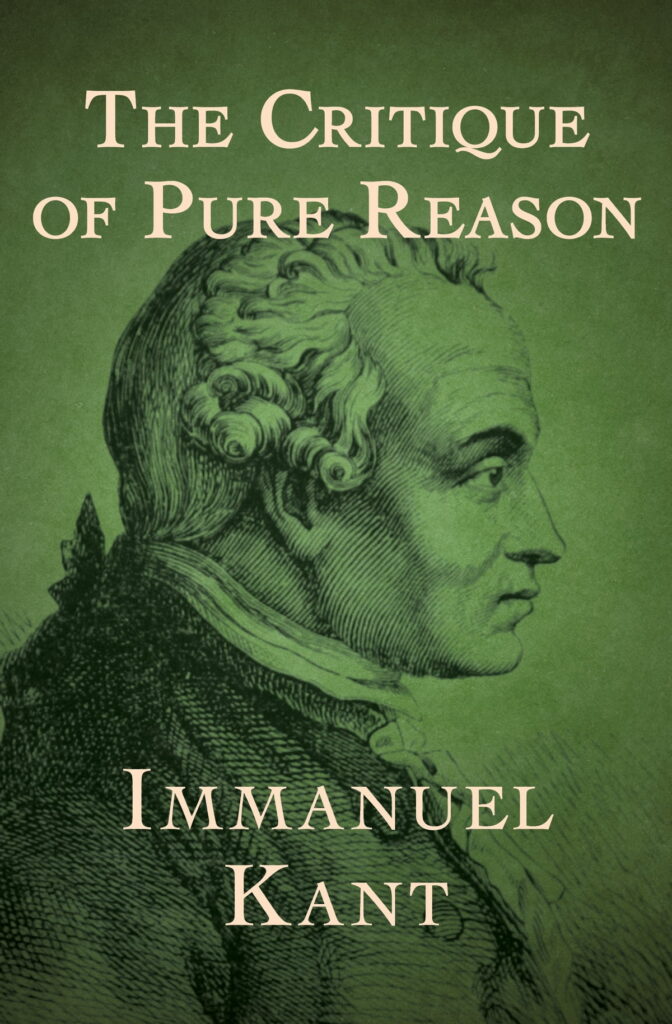Immanuel Kant, the towering figure of 18th-century philosophy, left behind a dense and challenging body of work. But fret not, intrepid explorer of ideas! Here’s a map to some of Kant’s most influential works, offering a glimpse into the key themes that continue to shape philosophical discourse today.
1. Critique of Pure Reason (1781): This cornerstone of Kant’s philosophy tackles the question of human knowledge. Kant argues that our minds actively structure our experience of the world, imposing categories like space and time on raw sensory data. This groundbreaking work laid the foundation for modern epistemology, the study of knowledge.

2. Groundwork of the Metaphysics of Morals (1785): Shifting gears from knowledge to ethics, Kant presents his revolutionary concept of the Categorical Imperative. This universal moral principle dictates that we should act only according to maxims that could be willed into universal law. In simpler terms, consider the consequences of everyone acting the way you’re about to – is it a world you’d want to live in? This work continues to be a cornerstone of modern ethical thought.
3. Critique of Practical Reason (1788): Here, Kant delves deeper into the realm of morality. He argues for the existence of free will, a crucial component for moral responsibility. Reason, Kant claims, demands that we act according to the Categorical Imperative, even if it clashes with our desires. This work explores the relationship between reason, freedom, and moral obligation.
4. Critique of the Power of Judgment (1790): Moving beyond pure reason and practical reason, Kant explores the realm of aesthetics and teleology (the study of purpose). He ponders the nature of beauty and taste, arguing that aesthetic judgment involves a universal human faculty. This work bridges the gap between reason and experience, influencing aesthetics and philosophy of art.
5. Perpetual Peace (1795): In this political treatise, Kant envisions a world order based on reason and law. He proposes a federation of republics, where countries would renounce war and settle disputes through international courts. Although seemingly utopian, this work continues to inspire discussions on international relations and the possibility of lasting peace.
These five works offer a powerful introduction to Kant’s complex and enduring ideas. From the limits of knowledge to the foundations of morality and the pursuit of a peaceful world, Kant’s legacy continues to challenge and inspire thinkers across disciplines. So, grab a cup of coffee (Kant was a notorious caffeine enthusiast!), and embark on your own exploration of the Kantian universe.